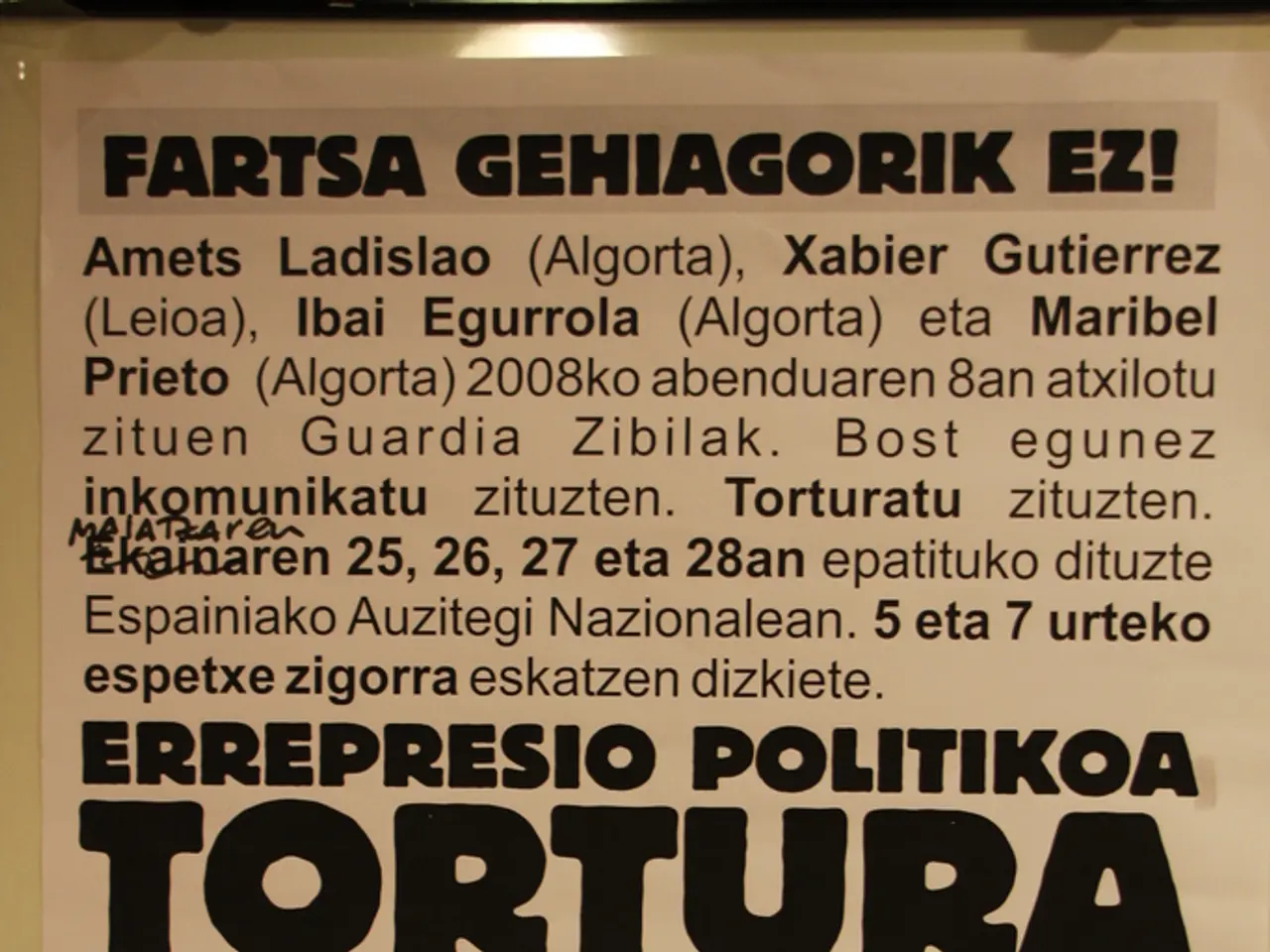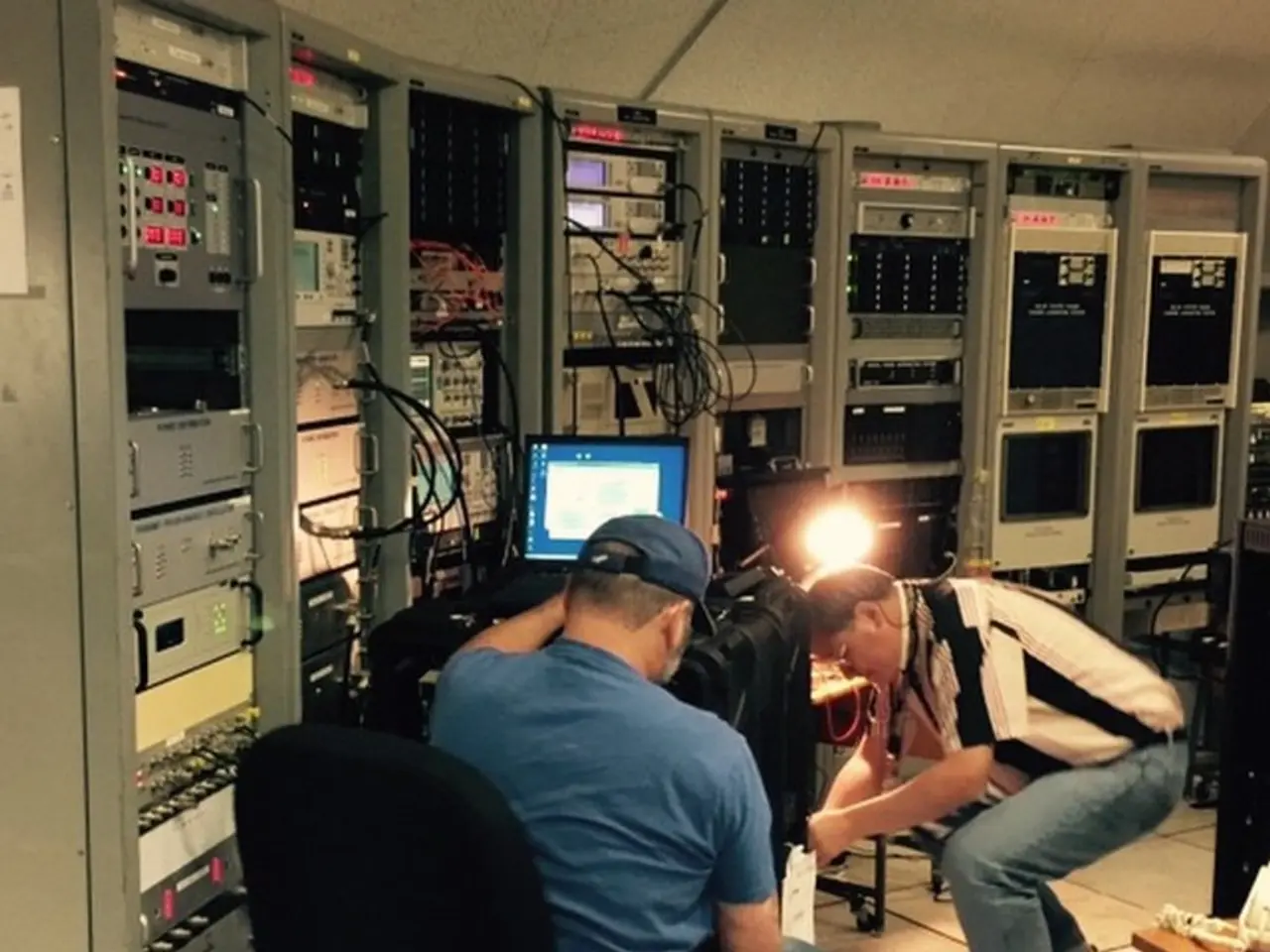Google's Veo 3 videos leave me feeling genuinely scared
Artificial intelligence (AI) video generation, as demonstrated by Google's Veo 3, has sparked concerns about the proliferation of misinformation and the erosion of shared reality. This advanced technology is capable of generating almost indistinguishable video content, raising questions about its ethical and societal implications.
The AI-generated videos, capable of flawless lip-syncing, lifelike human dialogue, and accurate physics, have left many questioning the authenticity of what they see. From stand-up comedians' performances to interviews at car shows, the digital phantoms, created from nothing but text prompts, are surprisingly convincing.
As society is not yet equipped to handle this development, genuine concerns about the misuse of this technology have arisen. For instance, deepfakes could potentially fan the flames of existing conflicts, potentially inciting violence. Fake videos spread faster than the truth can be verified, signaling the dawn of an era where lies precede facts.
The entertainment industry is anxious about the potential jobs at risk due to Veo 3's ability to generate Hollywood-quality footage on demand. This raises questions about the future of human creativity, as AI is yet to capture the human experience that gives art its meaning.
To tackle these challenges, there is a pressing need for standards in watermarking, detection tools, and a reevaluation of information consumption. Legal systems and educational institutions must adapt to handle deepfakes and arm the public to identify sophisticated AI-generated content. Although Veo 3 has represented a significant leap forward, subsequent iterations could be even more sophisticated, accelerating the need for comprehensive responses.
Despite the concerns, Veo 3 does offer some benefits. Artists and filmmakers may find new creative possibilities, and greater accessibility to video content creation could be enabled. The technology also holds potential for innovation across various fields.
In conclusion, the advent of advanced AI video generation has highlighted both its benefits and the necessity to manage its ethical and societal impacts with care.
- The digital phantoms, generated by Veo 3 from text prompts, are surprisingly convincing in their ability to mimic stand-up comedians' performances and lifelike human dialogue, even in the context of art and entertainment.
- As AI progresses, concerns about its ethical and societal implications continue to grow, especially in the realm of design and creative fields, where the human experience and artistic meaning are yet to be fully replicated.
- In response to these challenges, a need for standards in watermarking, detection tools, and a reevaluation of information consumption emerges, pushing legal systems and educational institutions to adapt and arm the public to identify AI-generated content.
- The technology is not only a concern for the entertainment industry, facing potential job losses as AI generates Hollywood-quality footage on demand, but also offers new creative opportunities in design, art, and 3D modeling, contributing to innovation across multiple fields.
- The ability to create almost indistinguishable video content, as demonstrated by Veo 3, raises questions about the authenticity of general-news and the erosion of shared reality, potentially leading to misinformation and societal confusion.
- With subsequent iterations of AI video generation technology, the consequences may become even more profound, necessitating careful consideration and comprehensive responses to protect society from the potential misuse of such advanced technology.





